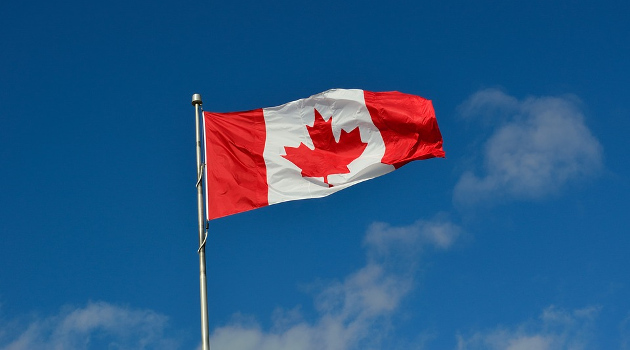One of the reasons the western world became relatively rich in recent centuries is that “rule of law” evolved to constrain capricious and dictatorial behavior by government officials.
But support for the “rule of law” as a concept does not mean blind approval and/or acquiescence to every bit of legislation that politicians enact.
We are subject to all sorts of immoral and despicable laws, which is why I’m a fan of jury nullification and civil disobedience.
Simply stated, I want justice. In some cases, that means I want enforcement of laws. In other cases, I want resistance to laws.
Now let’s apply this principle to the issue of gun control in America’s northern neighbor.
Here’s what’s happening in Canada, as reported by Amanda Coletta for the Washington Post.
…in 2020, …Prime Minister Justin Trudeau banned some 1,500 makes and models of “military-grade” assault-style firearms and pledged to buy them back from owners. …as Canada’s Liberal government prepares to launch the first phase of the mandatory buyback, several provinces and territories say they won’t help. The most strident opponents, including the United Conservative Party government in Alberta, are suggesting the Royal Canadian Mounted Police “refuse to participate.” Tyler Shandro, the province’s justice minister, declared the buyback was not “an objective, priority or goal” of the province or its Mounties. Alberta, he said, is “not legally obligated to provide resources for it.” …Saskatchewan, Manitoba and New Brunswick have also balked at using “scarce RCMP resources” for the program. …“Alberta taxpayers pay over $750 dollars per year to fund the RCMP as our provincial police service,” Shandro, the Alberta justice minister, wrote in September to Curtis Zablocki, the head of the Alberta RCMP. “We expect that those dollars not be wasted to pay for a confiscation program that will not increase public safety.”
For what it’s worth, Mr. Shandro is understating the case against gun confiscation.
It’s not just that such proposals “will not increase public safety.” An even bigger concern is that they will reduce public safety because bad people obviously won’t be turning in their guns.
Moreover, criminals will have more incentive to engage in thuggish behavior once the law-abiding population is disarmed (as explained in this “IQ test“).
But I’m digressing. Let’s get back to the issue of civil disobedience.
The Post article only mentions one type of disobedience, which is the extent to which provincial and territorial governments will refuse to help enforce Trudeau’s bad law (the same phenomenon exists in the US).
The other type is when individuals refuse to comply, which is something we’ve seen in the United States and in nations such as Australia and New Zealand.
By the way, this is why gun registration is a dangerous step. If politicians and bureaucrats know who has guns, confiscation schemes are easier to enforce.
Though hopefully such efforts can be thwarted if gun owners report that their weapons have been “lost” or “stolen” – which surely would happen if American politicians ever tried gun confiscation in the United States.
———
Image credit: ElasticComputeFarm | Pixabay License.


